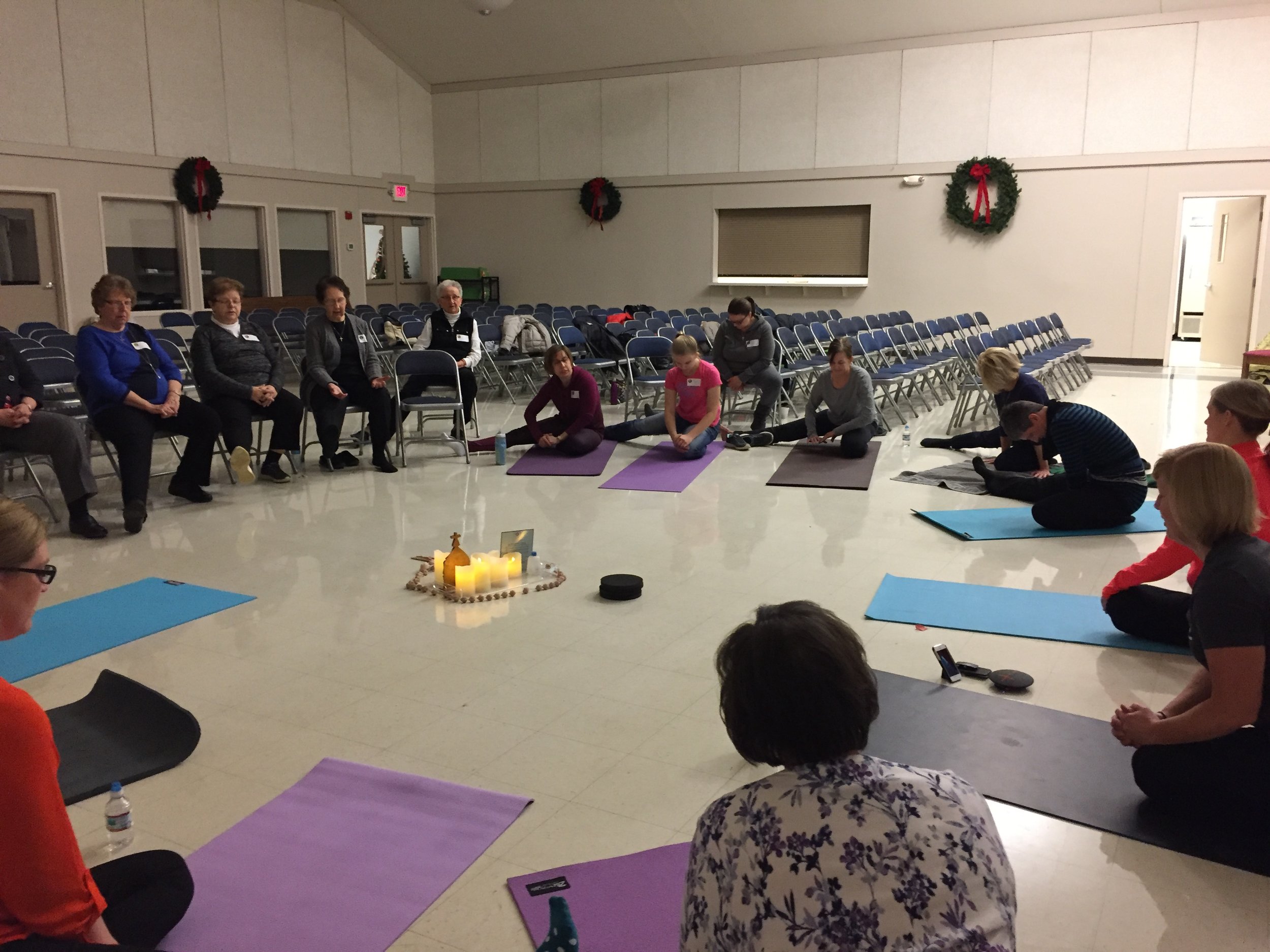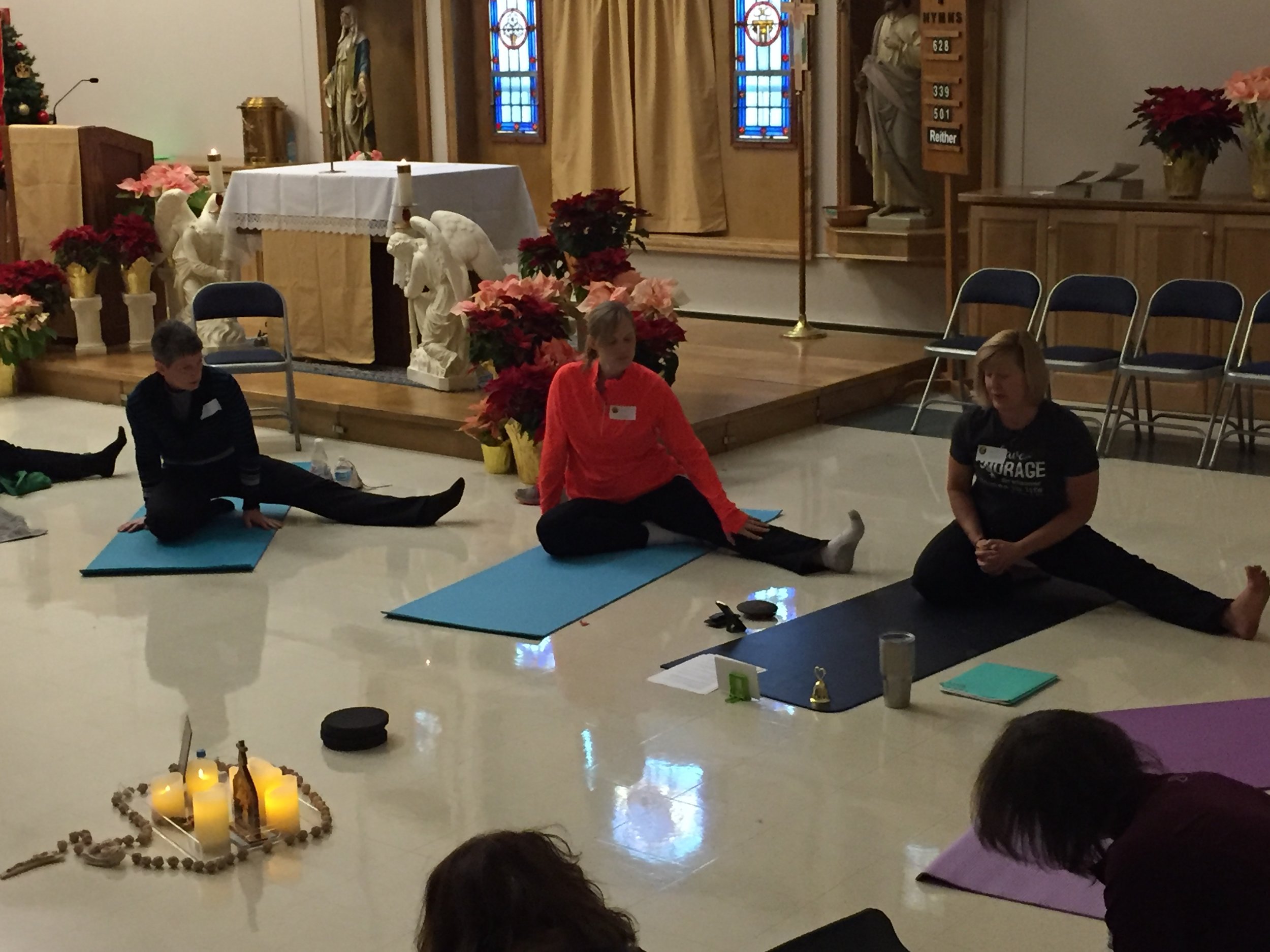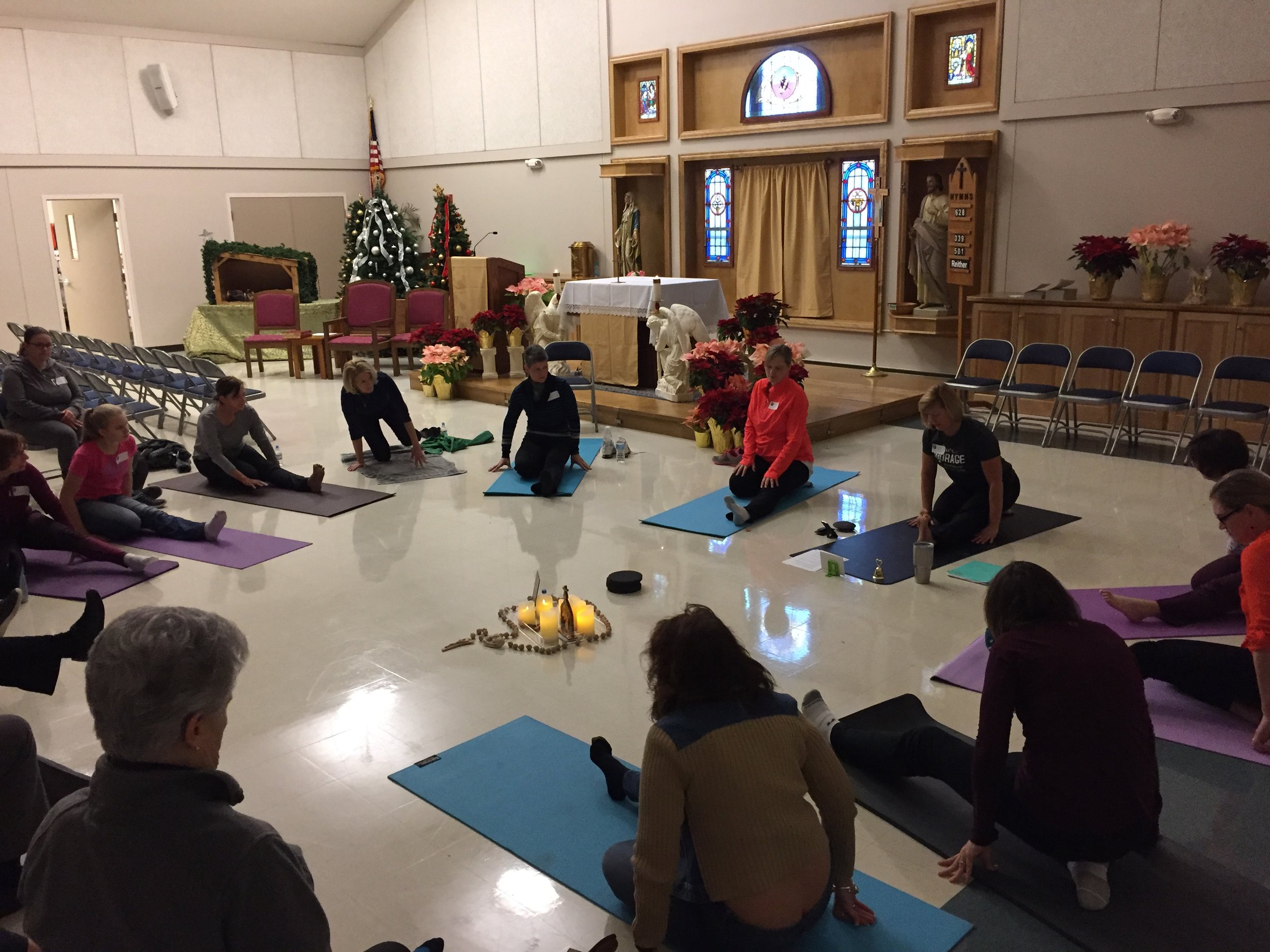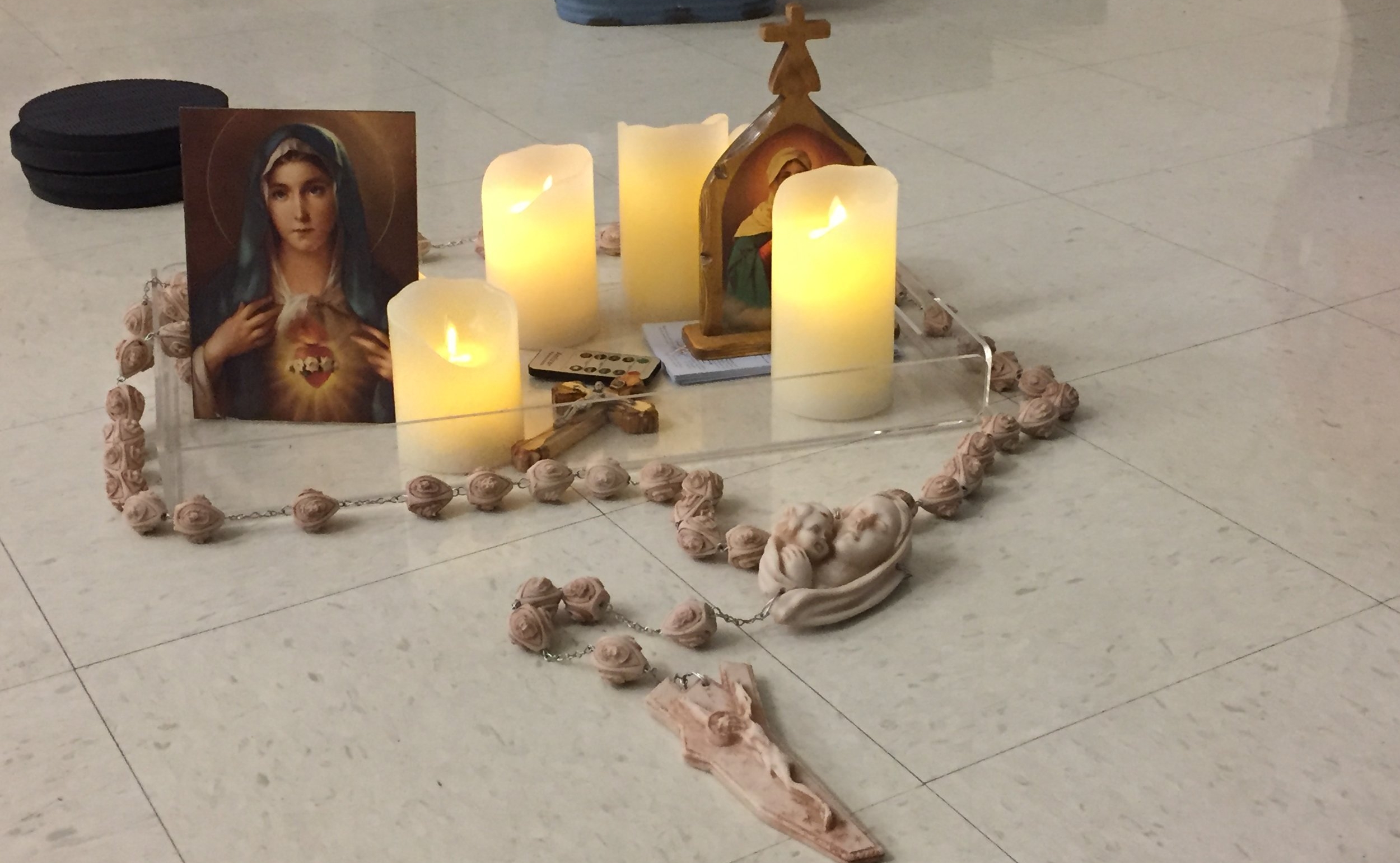There is nothing like the present moment. It’s right here, right now, and it demands our full attention. I first discovered the spiritual importance of living in the present moment when my husband and I moved to New Hampshire as a young, newly-married couple.
We registered at the Catholic Church in Hampstead, New Hampshire and I’ll never forget attending our first social event at St. Ann because we met a very wise priest. He asked us about our lives and we shared all of our plans and goals to start a family, expand our careers and much more.
I will never forget his reply to us. He said these two little words, “Just this.” He told us to focus on the here and now, the present moment, whatever was happening right here before us in our lives and to let the future unfold with full trust in God’s plans for us.
I admit that sometimes it’s easy to do, and sometimes I look ahead or look back too much, so I am renewing my commitment to “Just this.”
As you and I seek to become more holy and healthy, these two little words, “Just this” can guide us to move throughout our day, week, month, year and entire life, with the Holy Spirit taking the lead with our hearts, minds and bodies focused on the present moment.
When we replay past events in our minds, with worry or regret, we miss the joys and sorrows of the present moment. We can’t change the past anyway, but in our humanness we go there, or perhaps we’re led there by the evil one, and what good does that do for our soul?
If we look ahead to the future, the present moment is sidelined, in fact maligned. Yes, some planning takes place in our lives, but when our future plans overwhelm the present moment, and fill us with unrest and worry, we are not truly lifting our hearts to God and living these words, “Jesus, I trust in you.”
We see Jesus teaching us to embrace the present moment in Scripture often. From Matthew 6:34, “Do not worry about tomorrow; tomorrow will take care of itself. Sufficient for a day is its own evil.”
I have discovered that one of the reasons people enjoy exercise is because it forces them to be in the present moment. The do-lists, family concerns, and work struggles are not on one’s mind when they are lifting a weight overhead or swinging a kettle bell. That is part of the joy of exercise—being fully present to something that helps us feel better and become physically stronger for the mission God has set before us.
The saints advise us to live in the present moment with trust and a spirit of childlikeness. St. Faustina of Kowalska gave us this beautiful Prayer for the Present Moment which is at my bedside to pray daily:
Oh My God,
When I look into the future, I am frightened,
But why plunge into the future?
Only the present moment is precious to me.
As the future may never enter my soul at all.
It is no longer in my power to change, correct or add to the past;
For neither sages nor prophets could do that.
And so what the past has embraced I must entrust to God.
O present moment, you belong to me, whole and entire.
I desire to use you as best I can.
And although I am weak and small,
You grant me the grace of Your omnipotence.
And so, trusting in Your mercy,
I walk through life like a little child,
Offering You each day this heart
Burning with love for Your greater Glory.
~St. Faustina’s Diary: Divine Mercy in My Soul, Notebook 1 (1)
I pray that we all discover the treasure of the present moment and that it brings us true joy and peace.











































